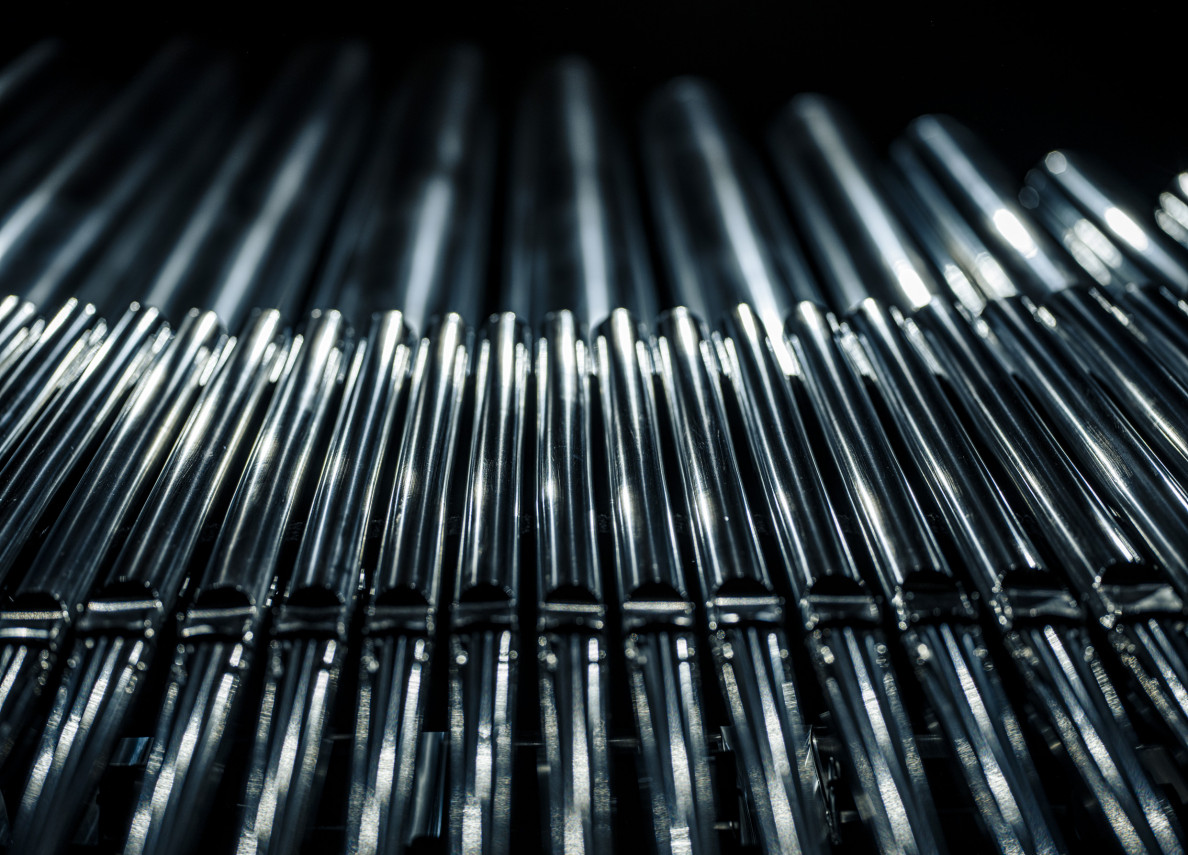Metaphysics, Counterpoint, Beauty. From Bach to Mendelssohn. - NOSPR
Metaphysics, Counterpoint, Beauty. From Bach to Mendelssohn.
The phenomenon of an artist being discovered after their death occurs when they surpass their era. This was the case with Johannes Sebastian Bach. In the eyes of his contemporaries, he was merely an outstanding organist and educator. His sons and pupils in the Leipzig and Berlin circles were ambassadors of his art.
The Renaissance of his music, the discovery of Bach the composer, only occurred at the threshold of the 19th century, when a groundbreaking performance of his St. Matthew Passion took place. Anecdotes say that the score for this piece was accidentally found at a meat market (in another version, a fish market). The meat (or fish) was wrapped in paper, which turned out to be paper with musical notations. That's how Felix Mendelssohn-Bartholdy found the manuscript of the Passion. Fortunately, the remaining parts of the manuscripts were found in a chest in the attic of a butcher's shop located in Bach's former home.
In 1829, Mendelssohn performed the St. Matthew Passion in Berlin, on the hundredth anniversary of its first performance. Since then, Bach's works have become a permanent part of the repertoire. Many Bach societies were established to publish the composer's works, organize festivals dedicated to his creativity, and conduct research. Although Bach wasn't so distant in time, due to the contrapuntal nature of his music, he certainly belonged to the realm of "early" music. Contemporary to Mendelssohn, he was appreciated for the metaphysical essence of his music. For musicians, he became what Shakespeare was for writers and actors, and the Middle Ages and the Pre-Raphaelite Renaissance were for painters.
The editions of the Wohltemperierte Klavier left an imprint on the piano music of the Romantic era – not only on Mendelssohn, as is evident in his preludes and fugues, but even on Chopin, who mostly didn't compose fugues, but certainly preludes. Like other contemporaries such as Brahms and Schumann (who composed three preludes and fugues), and countless composers who worked on various variations (often improvised) on the four notes B-A-C-H.
The program of the Sunday concert will consist of compositions by Bach himself, as well as organ works inspired by the Renaissance of Bach's music. The historical significance of his work primarily lies in the synthesis of the musical achievements of bygone eras and the preparation of new currents – especially Romanticism.
Alexandra Kozowicz
Concert duration: approximately 70 minutes
This concert can be part of "My Subscription." Check the details and create "My Subscription" freely by choosing from various concerts in the chamber and concert halls – more information.
Check the upcoming concerts in this series.
Upcoming events

NOSPR Chamber Musicians / Classical Radiance (rescheduled concert)
Chamber Hall




ECHO Rising Stars Festival / Guðmundsdóttir / Lahiry / A Powerful Voice of Women
Chamber Hall
Buy ticket


JazzKLUB / Rudi Mahall's Almost Danish Quartet / Standards with a Playful Twist
Chamber Hall
Buy ticket










